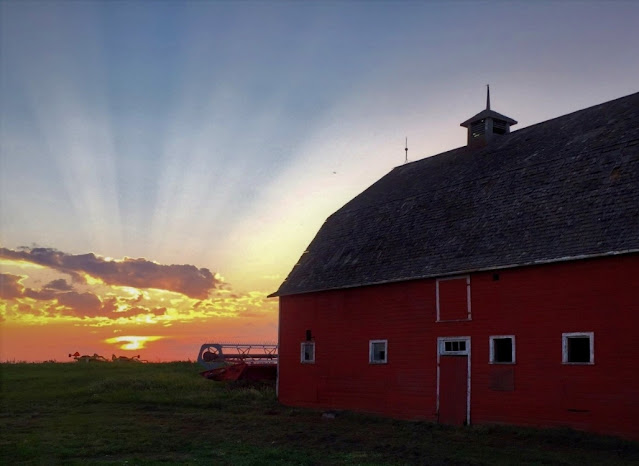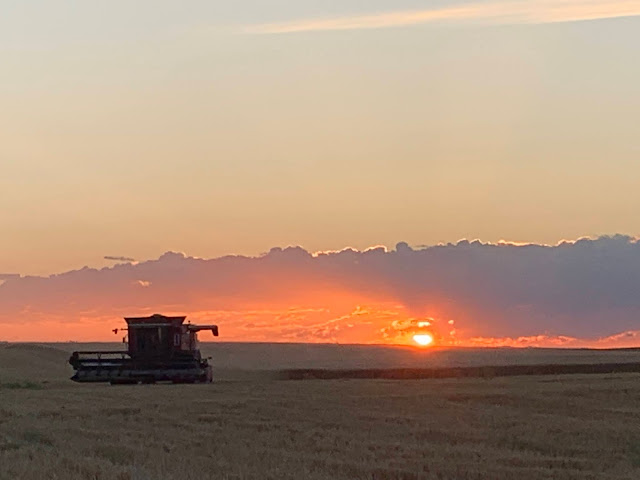- A 10 year old boy leading his first 4-H calf around the yard
- Stacking hay bales with dad
- Driving the John Deere 4020 seeding for the first time at 12 years old
These are things I experienced growing up and the only record of it is in my mind. Is that necessarily a bad thing? Many would say no, but what if I could look back or share those moments with you now?
This is how I approach social media. I have these moments in time that I can capture and share. Don't get me wrong, this is as much for myself as it is for anyone else. I enjoy looking back at the year on my farm. Things I accomplished or just the beautiful sunsets or pictures of equipment working in the field. These moments may resonate with others because the story and the emotion are right there on the surface.
The last few years on social media especially on Twitter I've shared my days and my thoughts and a few bad jokes. I guess I'm a bit of a story teller and I love putting words to feelings and moments in time and I enjoy making people smile or laugh. It's never just who sees what I posted but more how I feel about what I've shared and how I hopefully make them feel. The days on the farm can conjure up memories. I've played and worked in the same few acres my whole life and I know these fields like the back of my hand.
So when I see something that really stops me I take a picture and share it but also tell the story.
I came back to the yard one night to this, our 100 year old barn backdropped by an amazing sunset






































